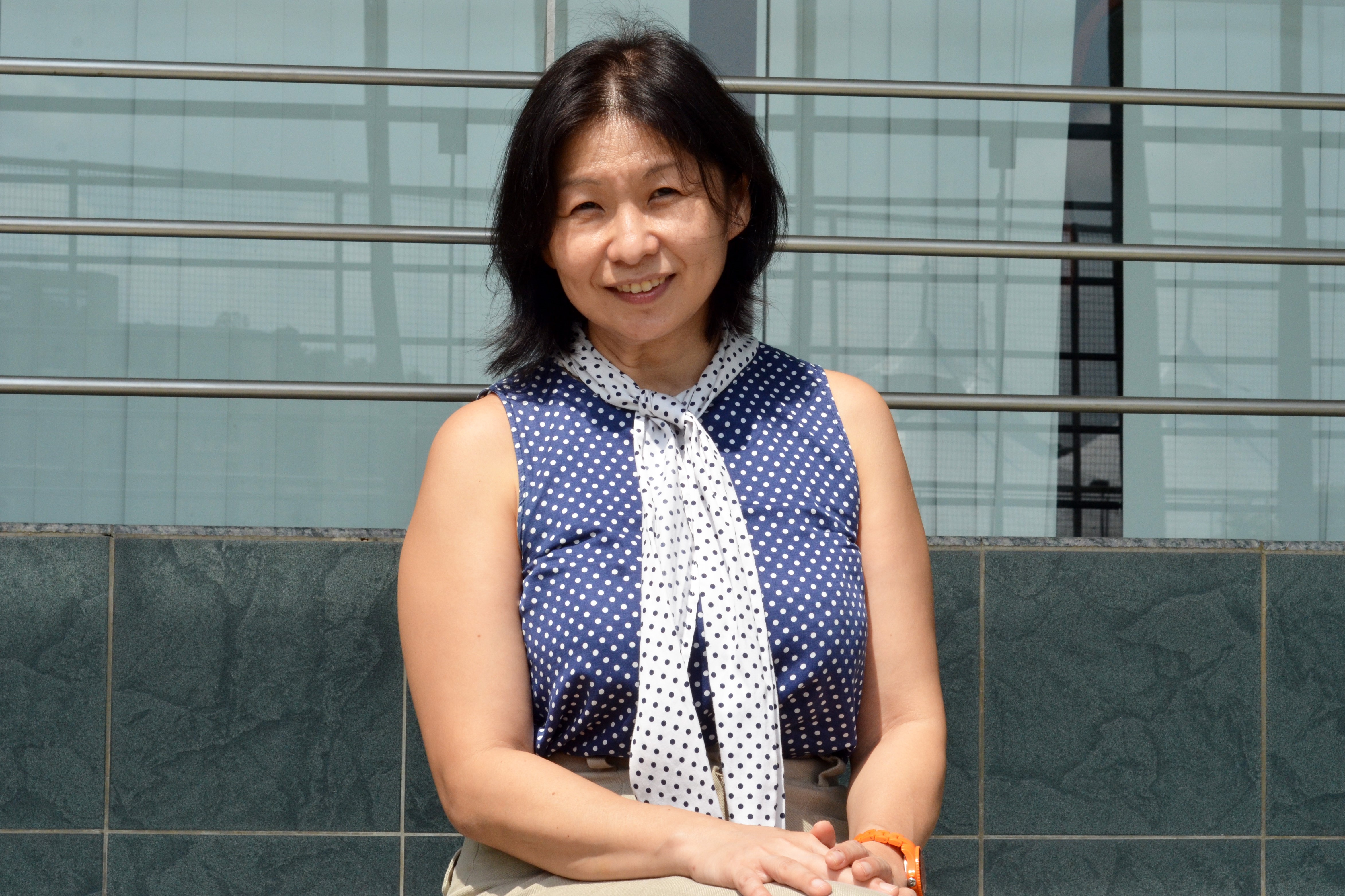Young Children’s Voices in Mathematical Problem Solving
Contributed by Dr Ho Siew Yin and Sng Wei Qin Abbie, from NTUC First Campus, for SingTeach Virtual […]
Read More

Guest Editor Dr Teo Chew Lee from the Office of Education Research at NIE
There is definitely a time for knowledge building in any classroom.
Studies across the globe have shown that knowledge building boosts students’ achievements and knowledge building teachers continue to find new energy in their work. To understand how knowledge building works, we need to first acknowledge that as a student engages in classroom discussion, the dimensions of learning, thinking and experiencing emotions are intertwined within them. These dimensions undergo changes simultaneously and are susceptible to both classroom dynamics and things that happen outside of the classrooms. Much of these are not visible to even the very experienced teachers among us and acknowledging this fact challenges some of our deeply embedded notions of teaching and learning.
To many of us, it is difficult to imagine allowing our students to pursue their questions of interest in our classroom. Can we picture them spending an entire period observing the pet fish in class and coming up with questions instead of us just simply telling them about the fish? In relation, it is also difficult to conceive the notion of a classroom in which the typical routine of teachers taking charge of what and how to learn in class becomes the seemingly less efficient way.
This is what knowledge building hopes to overcome – by providing a “thinking pedagogy” whereby learning occurs when a student starts to think hard about questions and problems. As a teacher, you can support by letting them know that their ideas are valuable and now making that “one right answer” be your only goal in classroom discussion. Keep creating situations in which students have to think hard.
It is not the most obvious thing to do, but it will definitely be one of the most rewarding endeavours for all knowledge builders. As one of my most experienced knowledge building teachers reminded me as I was writing this editorial: Knowledge building is a way of life!
And so, I hope this issue on knowledge building energizes you and seed new ideas for you as an educator.
Dr Teo Chew Lee
Senior Research Scientist
Office of Education Research
National Institute of Education
Access The Big Idea article here: https://singteach.nie.edu.sg/issue74-big-idea/